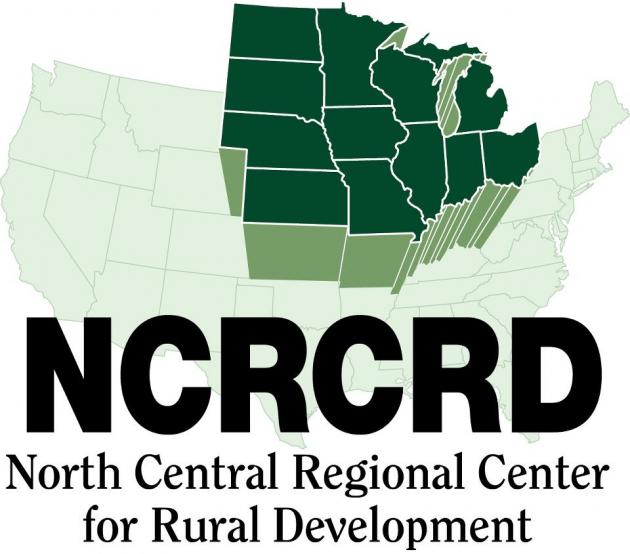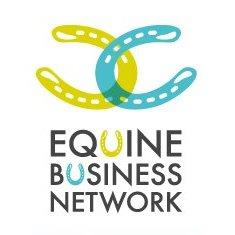Why a Business Plan?
- Provides your business with a road map.
- It is important to know what has happened in the past, what your current situation is, and what your plans are for your business.
- It allows for you to realistically assess anticipated income and expenses before the business is launched, ultimately reducing your financial risk in the long term.
- It will help in an IRS audit to determine if you are a “hobby or a business.”
Business Plan Components
- Statement of Purpose
- List objectives
- Be as simple as possible; keep it short and business-like
- Ask financial questions:
- What are the financial projections for the next year?
- What do you need to do to accomplish your projections: money, time, personnel, and equipment?
- What is the business structure?
- How will the funds benefit the business?

- Why does this loan or investment make business sense?
- How will the funds be repaid?
- What are the financial projections for the next year?
- Table of Contents
- Outlines the rest of the plan
- Lists item and page number
- The Business
- Description: (description, product/service, markets, location, competition, risks/opportunities management, personnel, application for loan, summary).
- What businesses are you in or will be in?
- What is the status and form of the business?
- Will the business be profitable?
- When will your business open, and what are the hours of operation?
- Is your business seasonal?
- What are the products and/or services you plan to offer?
- What markets do you intend to service, the size of those markets, and your expected share?
- Why have you chosen your particular location?
- What management and other personnel are available and required?
- What (if appropriate) debt money or someone’s equity investment will make your business more profitable?
- Description: (description, product/service, markets, location, competition, risks/opportunities management, personnel, application for loan, summary).
- Financial Data (funding capital equipment, balance sheet, breakeven analysis, income and cash flow projections, deviation analysis)
- What are your current financial resources?
- Land-based, family-based, currently underutilized resources, facilities/equipment, animals, management expertise
- What is your established budget for marketing and promotion?
- What are your current financial resources?
- Supporting Documents (personal resume, organizational chart, cash flow projections, informational sources, letters of reference, job descriptions, etc.)
A business plan can be a great asset to help you look at what your business is really all about and what image you want to project to your customers. Make sure to keep accurate, well-kept records of everything in order to make your business a success.
Additional Resources:
Key Points in Writing a Business Plan
Funded in part by the North Central Regional Center for Rural Development (NCRCRD)



